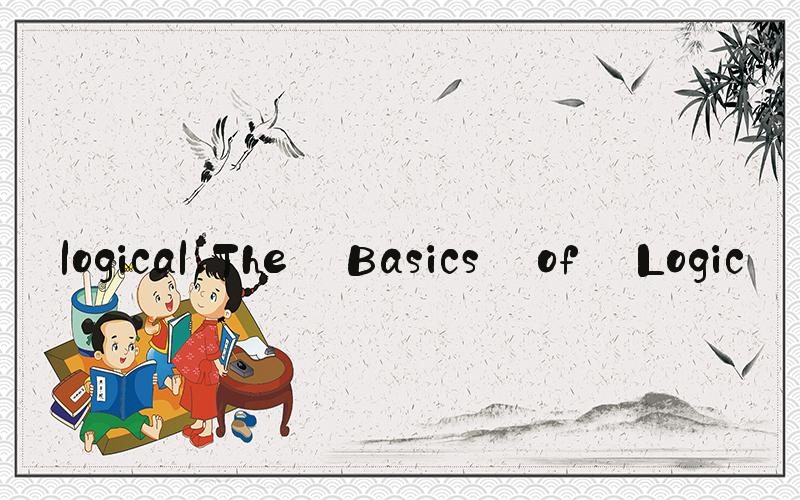 Logical: The Importance of Clear and Rational Thinking
Logical: The Importance of Clear and Rational ThinkingLogic and rational thinking are the cornerstones of critical thinking. It is necessary to have logical reasoning skills in order to make sound decisions, identify and solve problems, and arrive at effective and just conclusions. In today’s complex world, it is more important than ever to cultivate these skills in order to navigate the challenges of modern life.
The Basics of LogicAt its most basic level, logic is the process by which we use reasoning to make sound judgments. It is the process of systematically examining and evaluating ideas, concepts, and arguments. Logical thinking requires a clear mind, free from bias and preconceptions. It involves understanding the basic principles of reason and being able to apply them consistently. It involves the ability to assess information objectively, without being swayed by emotions or personal feelings.
Logic in Decision-MakingOne of the most important applications of logical reasoning is in the decision-making process. Good decision-making requires the ability to evaluate different options and weigh their pros and cons before making a choice. Logical thinking helps to identify the potential consequences of each option and arrive at the most rational decision. By using logical thinking, we can avoid making hasty decisions that may lead to negative outcomes. It also helps us to recognize and avoid common thinking errors, such as confirmation bias and overgeneralization.
Logic in Problem-SolvingLogical thinking is crucial in problem-solving. When we encounter a problem, logical thinking helps us to break it down into smaller, manageable components and consider each in turn. It helps us to identify the root cause of the problem and develop a plan to address it. Logical thinking also helps us to assess the effectiveness of our plan and make adjustments as needed. Without logical thinking, solving complex problems becomes an overwhelming and daunting task.
The Role of Logical Thinking in SocietyLogical thinking is not only important in our personal lives but also plays a critical role in society. In a democratic society, logic is the basis for fair and just decision-making. It is essential to the functioning of the justice system, where clear and rational thinking is required to assess evidence and arrive at just verdicts. It is also essential in the world of science, where logical reasoning is used to evaluate experimental evidence and develop theories and hypotheses. In today’s information-driven world, logical thinking is necessary to evaluate and assess the constant bombardment of information we receive on a daily basis, including news, advertising, and social media.
The Barriers to Logical ThinkingDespite the importance of logical thinking, there are obstacles to its cultivation. One of the biggest obstacles is our own cognitive biases. These biases are mental shortcuts that help us make decisions quickly, but can also lead to errors in judgment. Confirmation bias, for example, is the tendency to look for information that confirms our existing beliefs, while ignoring evidence that contradicts them. Other barriers include the lack of exposure to logic and critical thinking in education, and the proliferation of misinformation and propaganda in the media.
The Importance of Cultivating Logical Thinking SkillsCultivating logical thinking skills is essential for success in today’s complex world. Fortunately, there are many ways to develop these skills. Reading, writing, and engaging in analytical thinking are all effective methods. Developing a regular practice of meditation and mindfulness can also help clear the mind and develop the ability to think more clearly and rationally. By being aware of our own cognitive biases and actively working to overcome them, we can develop the ability to think logically in all areas of our lives.
ConclusionLogical thinking is an essential component of problem-solving, decision-making, and critical thinking. It is a vital component of success in today’s complex and information-rich world. By cultivating logical thinking skills, we can make sound judgments, avoid errors in judgment, and arrive at just and effective conclusions. It is an essential skill that should be developed and nurtured throughout our lives.
